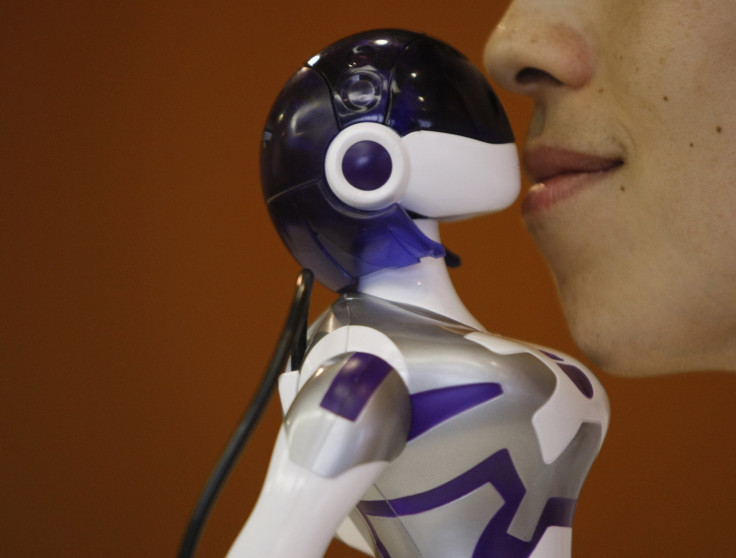Sex with robots will be ‘a new norm’ for people by 2070, expert says

In six decades, humans will be regularly engaging in sexual activity and relationships with robots, according to Helen Driscoll, a leading psychologist who specialises in sex and relationships at the University of Sunderland in the United Kingdom. The expert believes that the drastic improvement of technology will make the behaviour mainstream in which humans interact with robots in the coming years.
The “sex tech,” which Driscoll calls the possible activity, is already leading into physical relationships of humans with evolving technology that will develop “robophilia,” a normal attitude by 2070. To date, Driscoll says, robotic, interactive and motion-sensing technology are likely to become more central to the sex industry with the availability of mannequin partners being sold online today.
“But if we think back to the social norms about sex that existed just 100 years ago, it is obvious that they have changed rapidly and radically," she told Daily Mirror. Driscoll added the advancing technology could start to “enable mannequin partners to 'come to life' ” in the coming years.
The psychologist also considers the current development of virtual reality, which “becomes more realistic and immersive and is able to mimic and even improve on the experience of sex with a human partner.” People will tend to choose the technology “to sex with a less than perfect human being," she stated.
The VirtualRealPorn and the sex toy company Lovsense are developing sex simulation for users to get “intimate” with sex toys, such as vibrators for women and Fleshlight toys for men, and interact to the virtual reality porn they're watching, Driscoll said. However the lack of human contact could be harmful for a lot of people, with loneliness linked to a whole range of physical and emotional problems, she noted.
"Some people start to prefer technologically enhanced virtual sex to sex with humans, we may also see greater numbers of people living alone, spending more time in virtual reality," she stated. The virtual reality could provide benefits to people who have not been able to find a partner or have lost one.
In fact, there are many people already living with virtual relationships or virtual sexual partners. These virtual relationships may provide significant psychological benefits to people as a virtual partner is better than no partner at all, Driscoll explained.
The advancing technology may overcome the problems of loneliness to people, she said, referring to robots that look, feel and act more like humans. People will not suffer loneliness if "there are intelligent robots indistinguishable from humans,” she stated, taking aside “their” lack of bad habits, imperfections and need for investment.
People are likely to choose robots over “real” humans as psychologically “we will not suffer if we are not able to tell the difference," Driscoll added. To date, many young Japanese people are already avoiding sex and intimate relationships due to the development of dating game apps or “cyber girlfriends.”
A survey conducted by the Ministry of Health, Labour and Welfare found 36 percent of Japanese males aged 16 to 19 had no interest in sex due to the emergence of a new breed of Japanese men, the otaku, who are fascinated with manga, anime, computers, and sometimes show a little interest in sex. In addition, a report in 2013 claims the Japanese population may shrink by a third by 2060 due to lack of the sexual activity of men with “real” women.
Contact the writer at feedback@ibtimes.com.au




















